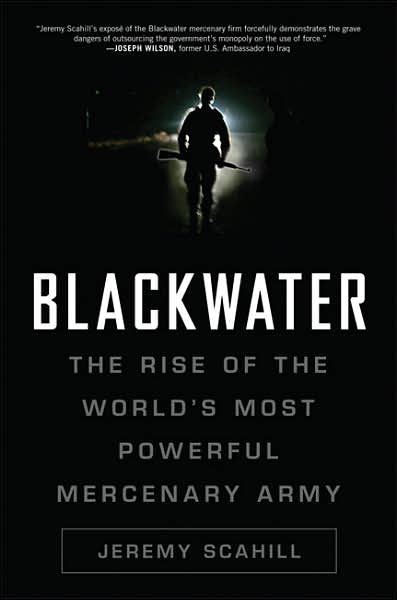Robert Lady, the former CIA chief in Milan, has gone into hiding, the German newspaper Der Spiegel reports Tuesday. But “to this day, he continues to pay his $4,000 mortgage.”
The subject of an extradition order from Italian authorities for the role he played in the kidnapping of radical Muslim cleric Abu Omar in Milan… Lady was in Florida last, but reportedly moved on already. The only place the former agent can feel truly safe is the United States, now that an Italian court has issued an arrest warrant for him — just as it has done for 25 of his colleagues, who are said to have been involved in the Feb. 17, 2003 abduction of radical Muslim cleric Abu Omar along Via Guerzoni in downtown Milan.”
“The suspects are expected to be tried, in absentia, in June at Milan’s Palace of Justice in what will amount to the world’s first-ever trial against CIA agents accused of kidnapping,” Der Spiegel adds. “Until very recently, it seemed certain that the case would move ahead. But last week the Italian government asked the country’s highest justices at the constitutional court to determine whether the trial could proceed. This has fueled hope for Seldon and, indeed, the entire US administration, that a legal drama might still be prevented.”
“According to recent findings brought to light by American journalist Matthew Cole, writing in the March issue of GQ, it’s not just the agents involved in the abduction who need to be protected,” the paper adds. “Those truly responsible are to be found in the higher echelons of the US administration, according to Cole, who claims that current US Secretary of State Condoleeza Rice personally approved the operation when she served as President George W. Bush’s National Security Advisor. She apparently OKed Abu Omar’s abduction and then, according to Cole’s report, “fretted” during her meeting with the CIA over how she would inform Bush about the operation.”
[RawStory]














